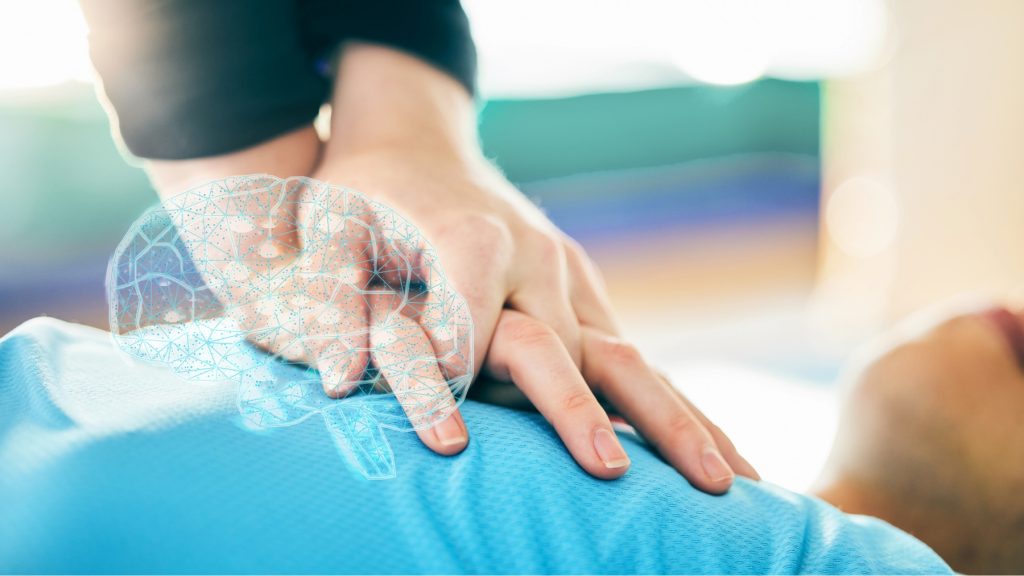
You’ve probably used heart attack and cardiac arrest interchangeably. Don’t panic because I’m here not only to tell you the difference but to dig deeper into what happens when cardiac arrest takes place. Let’s talk about consciousness during cardiac arrest.
What is a heart attack?
According to the American Heart Association, a heart attack occurs when there’s a blockage in the artery, and this prevents oxygen- rich blood from being delivered to the heart. In case of any artery blockage which isn’t opened immediately, the part of the heart that receives nourishment from that artery will begin to die.
What is cardiac arrest?
Cardiac arrest happens with any signs and often without any warning. An irregular heartbeat (arrhythmia) caused by electrical malfunction in the heart occurs. It causes disrupted action of pumping of blood from the heart to the brain, lungs, and other organs. During this episode, a person has no pulse and loses consciousness.
What is the link?
During cardiac arrest, the heart quivers causing uncoordinated contractions and the person is unconscious.
Researchers found that almost 40% of those who received Cardiopulmonary resuscitation (CPR), a technique used to aid in emergencies in which a person’s heartbeat or breathing has stopped, survived cardiac arrest and had memories. The memories seemed to be dreamlike experiences, according to a near-death study suggestion.
Another important finding by researchers is that there are signs of brain wave activity. This suggests awareness that brain wave activity lasts up to an hour before they are resuscitated.
A study led by Dr. Sam Parnia, an associate professor in the Department of Medicine at NYU Langone Health, told NBC News, “There’s nothing more extreme than cardiac arrest because they’re literally teetering between life and death, they’re in a deep coma and they don’t respond to us physically at all.”
“What we’re able to show is that up to 40% of people actually have a perception of having been conscious to some extent,” Parnia added.
Dr. Parnia continues to highlight that the perception of the patients could perhaps be a vague feeling around them.
In the research process, an experiment took place, where six patients participated in the study. The patients reported a near-death experience that the researcher reported as a “transcendent recalled experience of death.”
Dr. Sam stated that “they may have had a life review, they may have gone to a place that felt like home, and so on.”
Out of the six patients, some were able to recall things like their medical treatment, the feeling of pain, and hearing the doctors’ voices or what they mentioned to be pressure.
Other patients had dreamlike sensations.
Now this brings up the question of, did their dream-like sensations last 11 seconds like every dream? Perhaps this can lead to other findings like do patients going through cardiac arrest have working biological clocks as people who are sleeping?
Another group of patients out of the six had positive memories. These memories consisted of seeing like light, tunnel or family member, while others felt extreme emotions such as love, peace, and tranquility.
On another note, others felt a separation from the body and a recognition that they’d passed away.
Resuscitation and consciousness
In the journal Resuscitation, a study that monitored 567 patients who went though cardiac resuscitation at 25 various hospitals. 10% of the patients survived and 28 out of the 53 survivors were able to be interviewed.
11 out of 28 reported vivid memories or perceptions. And this suggested some form of consciousness during resuscitation. This led to having researchers measure the level of brain oxygen in part of the patients. This finding suggested partial mental function during CPR.
Survivors and memories of CPR
An experiment was carried out by researchers in order to verify if patients do in fact recall specific sounds or sights. This process is called implicit learning. In implicit learning, one acquires knowledge without being conscious.
In the experiment headphones were placed on patients during resuscitation and three words were played. These words were apple pear, banana, and alongside there was a display of 10 images.
According to Dr Katherine Berg, an assistant professor of medicine at Harvard Medical School and chair of the writing group for the 2025 American Heart Association post-cardiac arrest care guidelines, survivors may have some memories of CPR.
Psychological Precautions
Dr Parnia, founder of Parnia lab, set a goal which is to better understand the mechanisms of underlying long-term psychological health in cardiac arrest survivors. Patients who feel altruistic after surviving cardiac arrest have a better life quality than those who experienced outcomes such as anxiety, depression, or PTSD.
The aim is to provide positive psychological treatments for patients who suffered from negative psychological outcomes with the use of medical and scientific methods. Although the idea hasn’t been put to test, it has potential to positively transform the lives of 15 to 50% of patients who suffered negative psychological experiences.
Inside Telecom provides you with an extensive list of content covering all aspects of the Tech industry. Keep an eye on our Medtechsection to stay informed and updated with our daily articles.